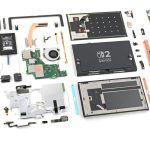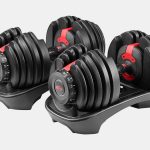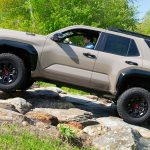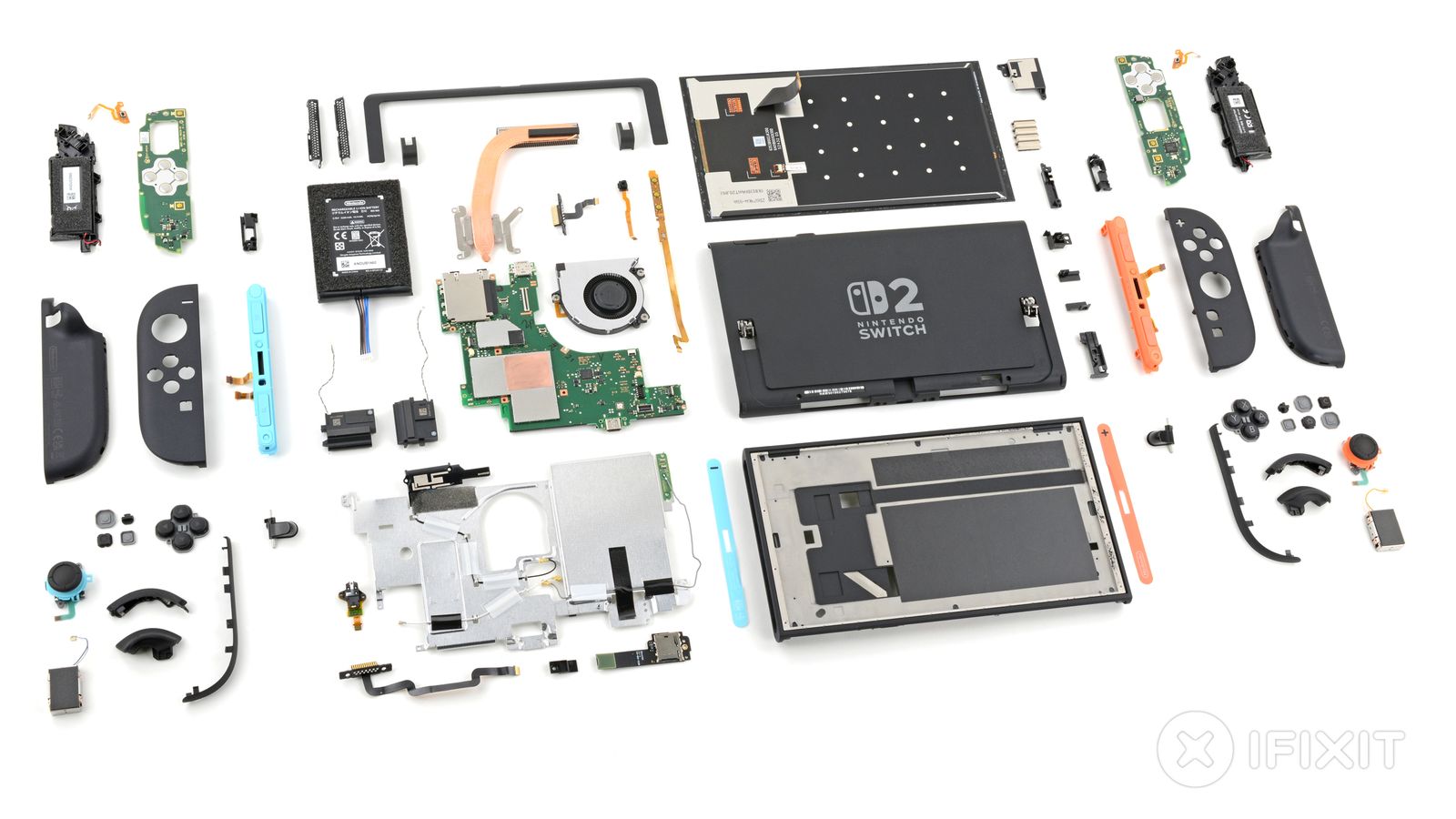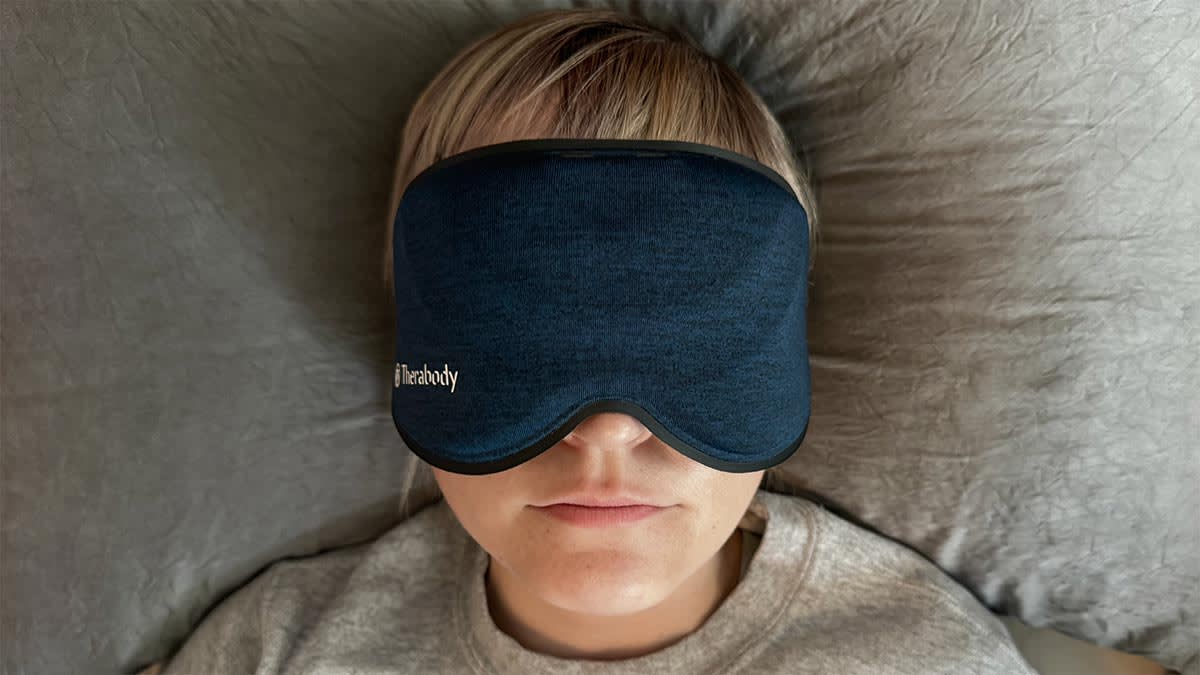
There’s a decent-sized body of data to show that sleep masks can actually help people sleep. Much of this research has been conducted in hospitals, where getting a good night’s sleep is notoriously difficult. A 2021 review and meta-analysis found that earplugs and eye masks, used either together or separately, increase the amount of time asleep and reduce wake-ups. A 2023 randomized control trial found that not only did sleep masks (and earplugs) improve patients’ sleep—it also made them feel less fearful and anxious.
There’s less evidence to indicate that vibrating sleep masks will do much for you, though. “My understanding is that no clinical study has examined the effect of facial vibrations on sleep outcomes,” says Jen Walsh, PhD, director at the Centre for Sleep Science at the University of Western Australia. But “it is important to note that such devices are unlikely to negatively impact sleep, and they may work in some people and not others.”
There’s some limited research to show that vibrations—in the bed itself—can help you sleep. A 2024 study looked at how 27 participants with poor sleep quality reacted to a bed equipped with a motor that made it weakly vibrate. Participants slept better, according to both subjective and objective measures.
Still, according to Walsh, if you’re having trouble sleeping, it’s worth getting checked out by a doctor. “People who have ongoing difficulty getting to sleep or staying asleep, or wake feeling unrefreshed despite having adequate sleep, should speak with a primary care practitioner to investigate underlying causes and potential evidence-based solutions,” she says.
